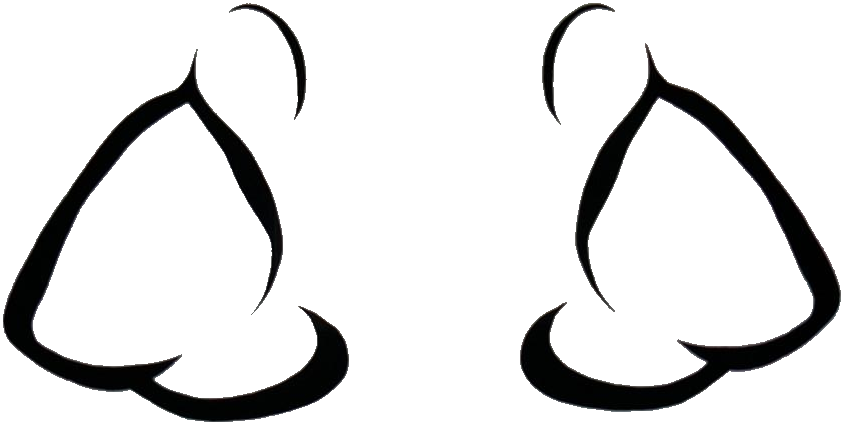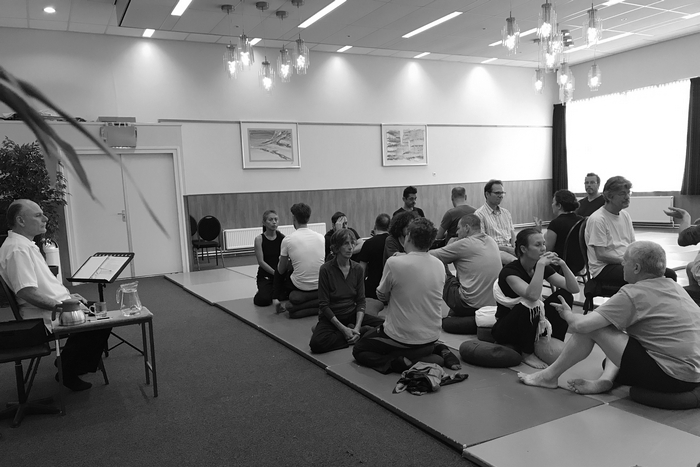WHAT IS ZEN ?
Zen is commonly associated with the practices of meditation and contemplation. These methods have been utilized for centuries and serve to aid in the development of our conscious awareness.
"How genuinely we experience life is determinded by the level of our conscious awareness." Peter RALSTON
| Contemplation is a crucial tool in Cheng Hsin that enables us to delve deeper into understanding the true essence of oneself, others, existence, and life. It involves thorough questioning and investigation, enabling us to remain focused, open-minded, and present. The primary aim of contemplation is to gain direct experience and insights into the true nature of the subject matter in question. This process helps us gain a profound understanding of our beliefs. |  |
"As we grow, we assimilate and develop very basic beliefs and conclusions, not only about the world but also about ourselves. These core beliefs fall into the background as permanent ongoing factors for all new information." Peter RALSTON
To challenge our beliefs, we engage in a constant process of questioning everything we do, whether it's in our art, work, or daily life. Our brain is wired to make predictions, and our mind's job is to align those predictions with reality. Constantly making and correcting predictions allows us to improve our ability to predict accurately. However, to do this effectively, we must be honest with ourselves. Practicing honesty leads to integrity and confidence in ourselves.

"The actual principle required for any true wisdom is honesty, and you don’t have to go into a cave to obtain it. Honesty is simply and genuinely intending to uncover whatever is true of anything and everything."
Peter RALSTON (2:11 GB)
Cheng Hsin consciousness work utilizes various tools such as guided meditations, contemplations, diads, dialogues, texts, and practical exercises. One of the techniques we use is CCE (contemplation and communication exercise), which involves having a listening partner who remains present and non-judgmental while we express ourselves freely. This exercise helps us observe our conscious awareness, clarify our thoughts and emotions, and communicate more effectively. By repeatedly practicing this technique, we can make more distinctions about our experiences and learn more about ourselves. As a listening partner, we also develop the skill of attentive listening, which is crucial for staying connected with others.
"Power lies in making distinctions
Freedom lies in destroying them"
Peter RALSTON (BNK)
We hold a workshop every other month on Sunday mornings, called the Contemplation and Communication Circle (CCC). Each session has a different theme and follows the Cheng Hsin style. The workshop runs for three hours and concludes with a CCE exercise.
Additionally, we organize the Contemplation or Enlightenment Intensive (CI), a 72-hour residential workshop focused entirely on contemplating existential questions such as "who am I," "what am I," "what is another," "what is existence," and "what is life."
Here are some of the benefits I've experienced as a result of contemplation.
- immediate awareness of your deepest essence
- empowerment and freedom
- personal evolution
- an end to suffering
- increased joy and happiness
- an existence based on integrity, honesty and transparency
- expanded consciousness
- acquisition of learning skills
- self-mastery
- improved skills
- optimized communication
- new creative perspectives on life, relationships, thinking and perception


